Sharing vulva diversity since 2006!

Sharing vulva diversity since 2006!

You may now get your own vulva cast, made in exactly the same way as the 400 individual vulva casts in The Great Wall of Vulva sculpture. Our main studio is in Essex, UK and we can also arrange to cast you at your location, anywhere in the world or anywhere we travel (NB prices for overseas casts may vary). Now you can own a little piece of art history.
They can be created in many different materials, a few of which we show below. Prices are subject to change. These casts are sensational in their detail and quality. They are made by the world’s most renowned vulva artist after all. They may also be purchased (rather than modelled on you) from our extensive selection, either individually or in framed collections from a few to a few hundred casts. See the shop for examples.
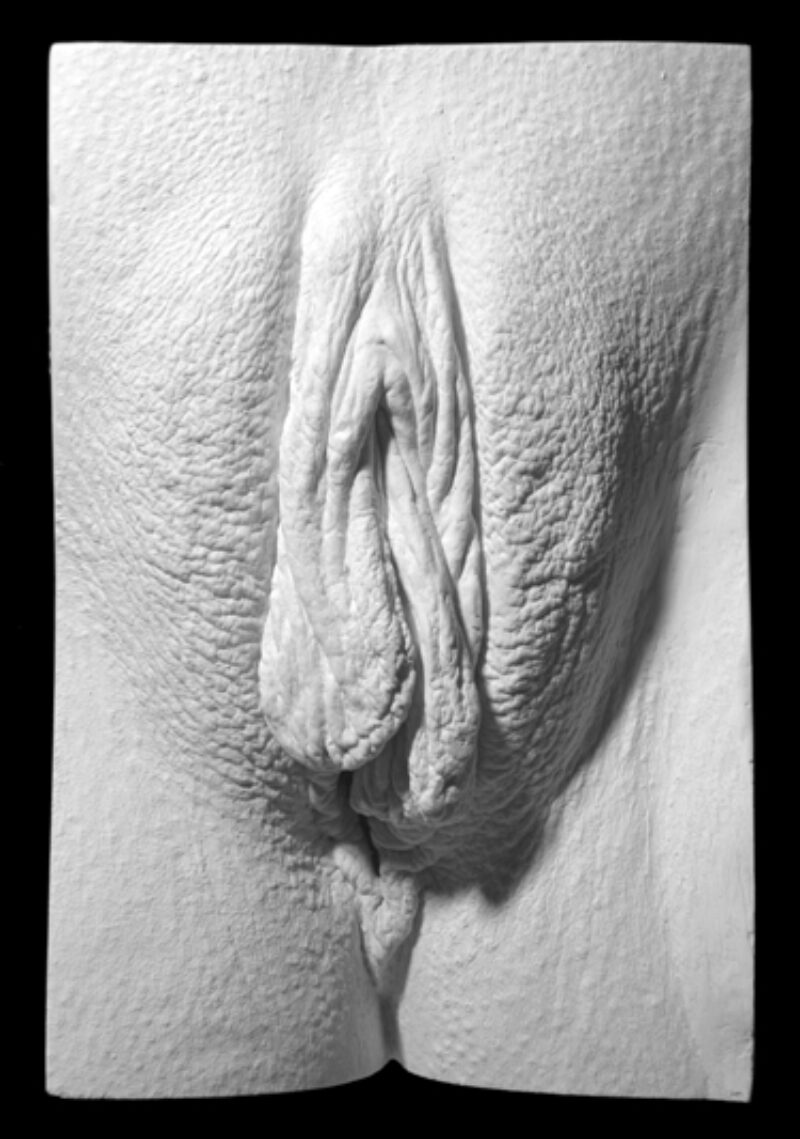
Our plaster cast vulvas are exactly the same as the ones in The Great Wall of Vagina Vulva!. Start your own great wall with a cast of yourself!
We use a specially formulated hemihydrate plaster (CaSO4.1/2H2O) produced from naturally occurring high purity gypsum deposits. The hydration of plaster relies on the reaction of water with the dehydrated or partially hydrated calcium sulphate present in the plaster. Ours is pure white in colour and extremely hard with very fine reproduction of detail.
Plaster is the common name for calcium sulphate hemi hydrate made by heating the mineral gypsum, the common name for sulphate of lime. Plaster was first made about 9000 years ago, and has been used by ancient Egyptian, Greek and Roman civilizations. However, it wasn’t used on a large scale until 1700s, when it was required to be used in all construction in Paris after the 1666 fire which destroyed many parts of London. In the aftermath, the king of France ordered that all walls made of wood in Paris be immediately covered with plaster, as a protection against such fires. This resulted in large-scale mining of gypsum which was available around Paris in huge quantities. Thus, during the early 18th century, Paris became the centre of plaster production, and hence the name, “Plaster of Paris”.
From £600 ex vat
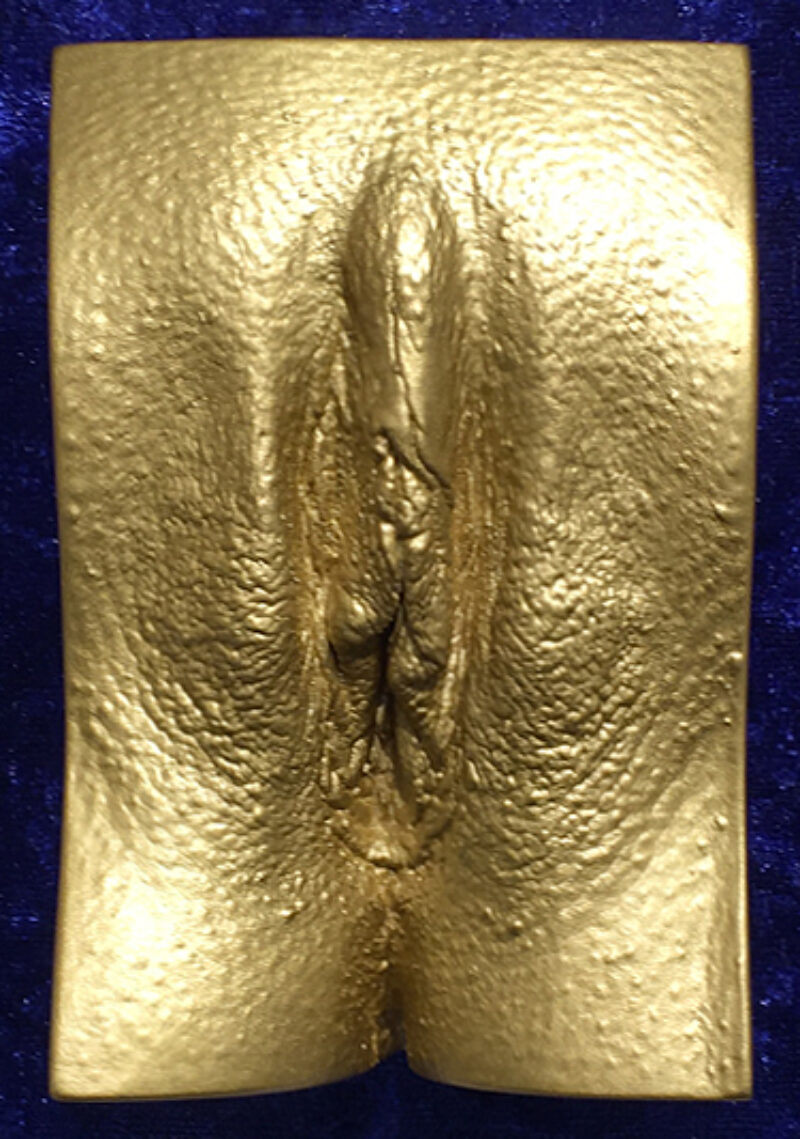
Our plain white resin casts may have a specialist paint finish applied if you prefer. Painted pieces may have an artistic treatment or, more usually, just a single colour applied. Any colour you can paint a car you can paint on resin so the options are virtually unlimited. We can also match a colour to any swatch you bring in or to a standard RAL, British Standard or Pantone reference number.
Realistic stone or other paint effects can also be applied to create a very convincing simulacrum for sandstone for instance. Other stones and marble effects may be ordered. Before applying the paint effect we treat the surface to first create the texture of real stone.
From £850 ex vat
Also known as bronze resin or resin bronze, this finish resembles foundry bronze castings but at a significantly lower cost. They are essentially fibreglass shell sculptures with a surface layer containing a very high real metal content, which gives the cast its colour and lustre. This coating is a blend of about 20% resin and 80% powdered bronze, which is polished to expose and shine the metal, looking to all intents and purposes like a solid bronze casting. This coating can be cast into a mould or applied to the surface of an existing cast, whichever is most appropriate.
Also known as bronze resin or resin bronze, this finish resembles foundry bronze castings but at a significantly lower cost. They are essentially fibreglass shell sculptures with a surface layer containing a very high real metal content, which gives the cast its colour and lustre. This coating is a blend of about 20% resin and 80% powdered bronze, which is polished to expose and shine the metal, looking to all intents and purposes like a solid bronze casting. This coating can be cast into a mould or applied to the surface of an existing cast, whichever is most appropriate.
One huge advantage over foundry castings, besides the lower price, is that they are extremely light but very strong and are easily hung on the wall on just a picture hook or nail. Our wall-mounted casts will come ready to hang with string or picture wire on the reverse.
From £1500 ex vat
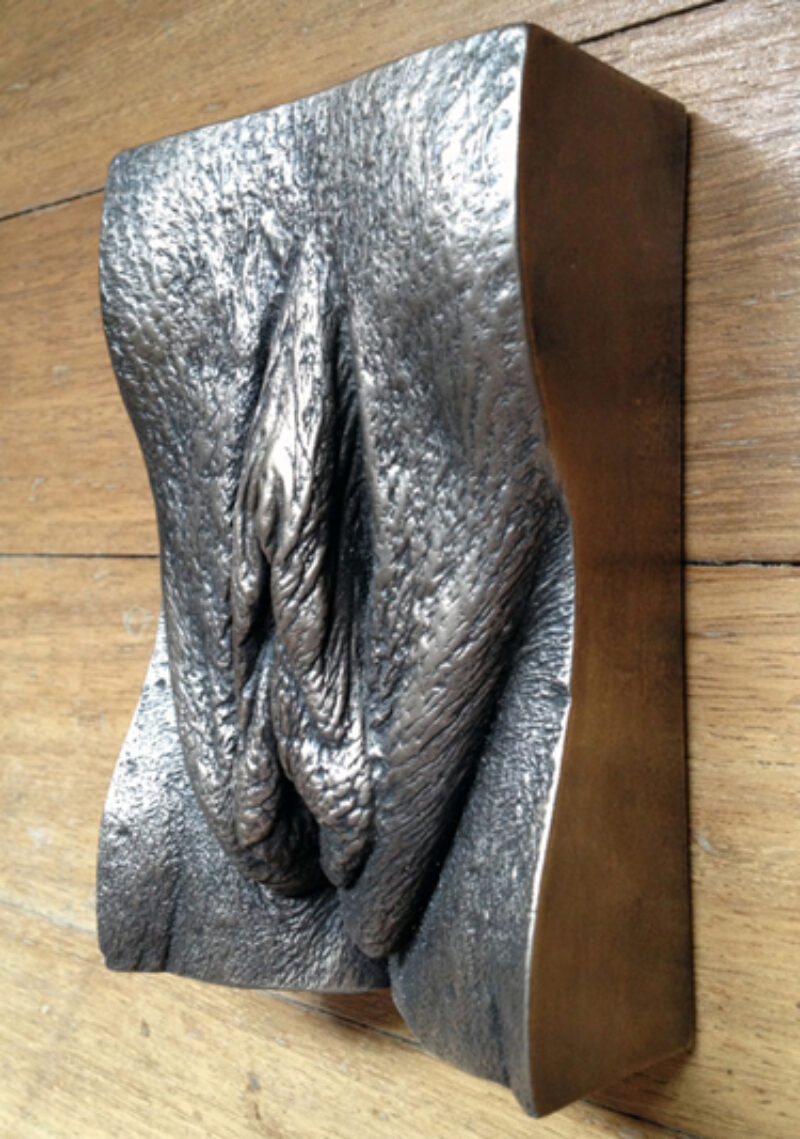
This is the classic and most widely used material for metal sculptures. It is an alloy consisting primarily of copper with about 12–12.5% tin and often with the addition of other metals such as zinc and other elements such as silicon. Bronze is usually cast using the lost wax process in which a wax copy of the original is melted out of a ceramic shell encasing it and the void filled with molten bronze.
This produces beautiful, high value artworks. They are heavy with a rich lustre and can be patinated with chemicals in numerous colours or classic black. These high end artworks are suitable for indoor or outdoor display.
From £2500 ex vat
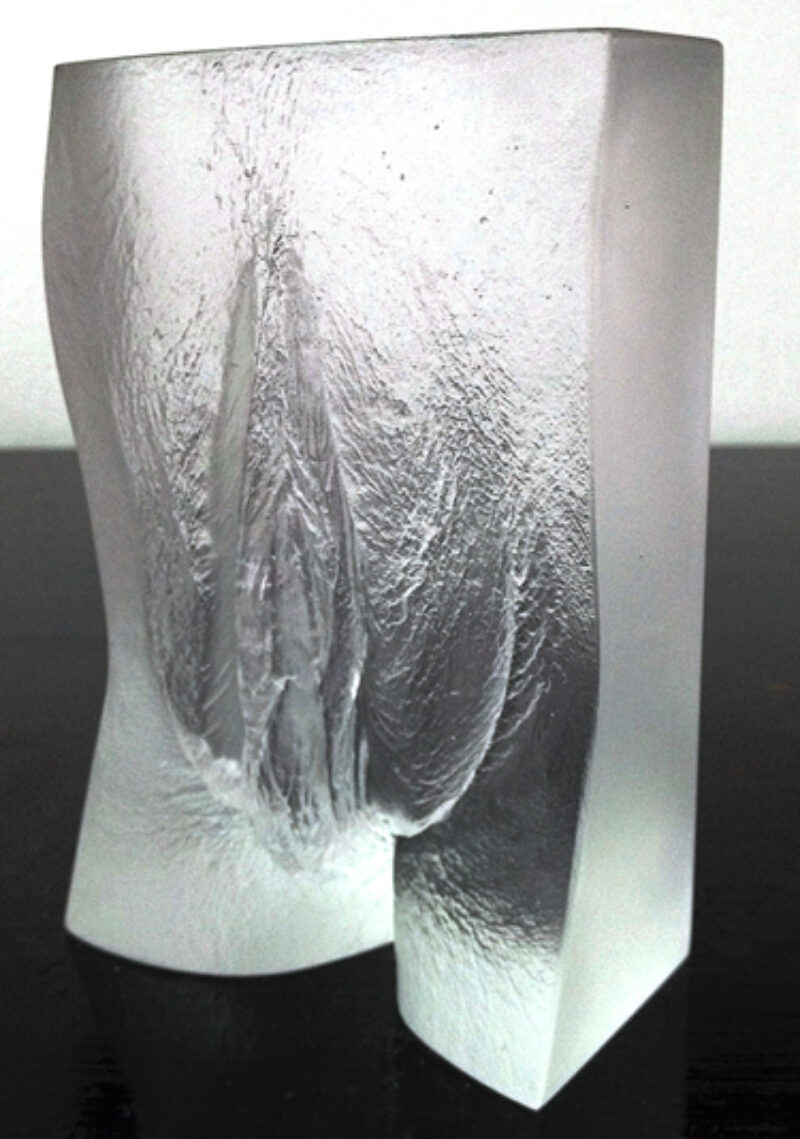
These high quality lead crystal glass pieces are cast from our moulds at an art glass foundry. The advantage of leaded glass is that it refracts light more brilliantly because lead changes the molecular structure of the glass. Leaded glass also stays malleable for longer periods of time when heated, giving it an advantage for artisans to work with.
They are created in a similar fashion to bronze castings, using the lost wax process. Molten glass fills the void left in a mould after a wax copy of the sculpture has been melted out. This then cools over many days in the kiln to produce water clear casts, which can be acid polished to produce contrasting frosted and clear areas. Suitable for small to medium sized casts.
As well as clear glass you may also choose from a range of pretty colours.
From £2500 ex vat
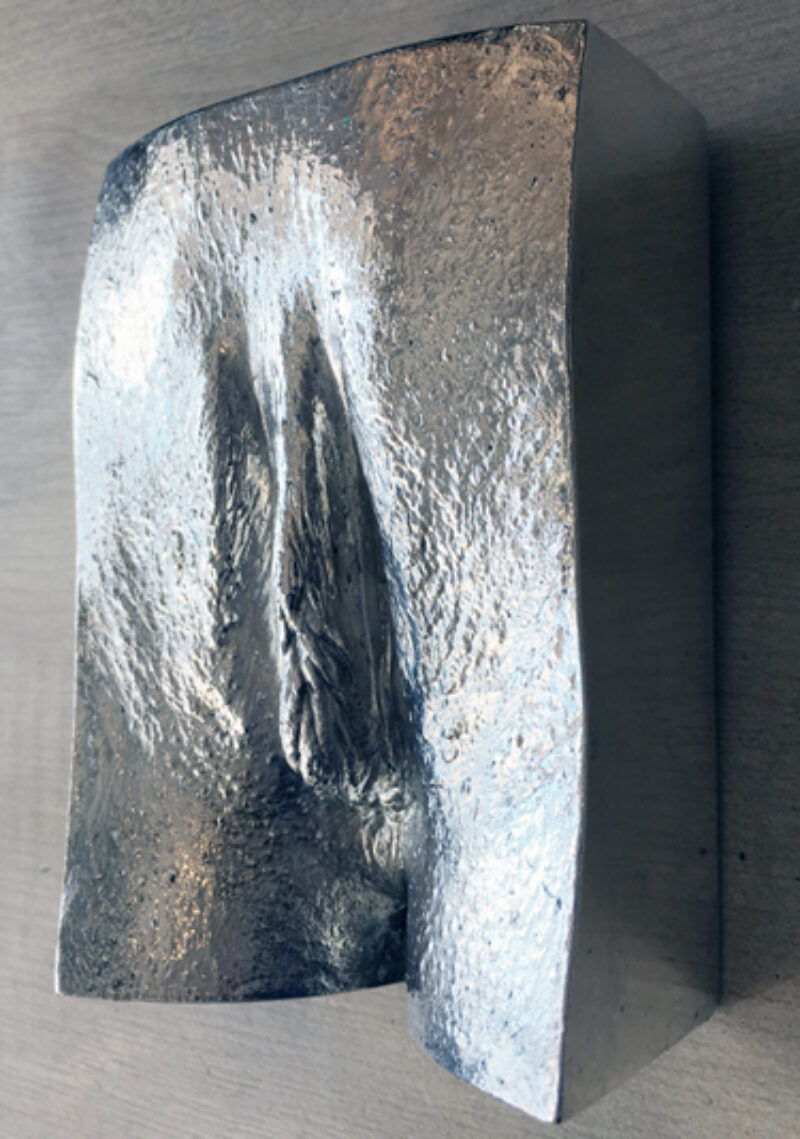
There are several ways to achieve a real gold or silver surface on a cast. The most obvious are solid castings but this is a very expensive undertaking. More affordable solutions are electroplating and leafing.
From £2000 ex vat
There are several ways to achieve a real gold or silver surface on a cast. The most obvious are solid castings but this is a very expensive undertaking. More affordable solutions are electroplating and leafing.
From £3500 ex vat